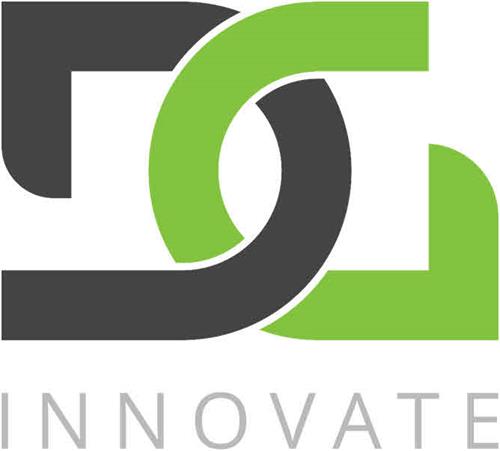The growing environmental consciousness among consumers, coupled with the soaring costs of fossil fuels, has positioned batteries as a viable alternative to traditional energy sources in recent years. Lithium-ion batteries have led the way, becoming central to the ongoing energy transition. However, with the expected surge in demand, questions arise over whether lithium-ion technology alone can handle the load. Enter sodium-ion batteries, which are increasingly seen as a potential partner in driving the shift toward a more electrified economy.
The International Energy Agency (IEA) predicts an unprecedented rise in battery demand over the next 25 years, fuelled largely by the rise of renewable energy and electric vehicles. For instance, in 2019, battery demand for electric vehicles was around 80 GWh. By 2030, this figure is expected to exceed 3,000 GWh, and in 15 years, it may reach 9,000 GWh—an increase of 120 times. Most of this demand will come from electric vehicles, although stationary storage for renewable energy is also set to grow significantly.
Given this rapid increase in demand, the current lithium-ion battery technology will likely need supplementation. Sodium-ion batteries are emerging as a promising alternative, particularly in the area of stationary storage, such as electric vehicle charging stations, self-consumption systems, and renewable energy storage. Both sodium and lithium share similar chemical and technological properties, which could allow the same infrastructure used for lithium-ion production to be utilised for sodium-ion battery manufacturing. This could help achieve economies of scale and reduce production costs.
One key advantage of sodium-ion batteries is their use of sustainable, low-cost, and abundant materials, unlike lithium, which relies on critical raw materials that are often scarce and sourced from politically unstable regions. Sodium-ion batteries are also safer and more affordable, making them well-suited for renewable energy storage, whereas lithium-ion batteries remain ideal for electric vehicles due to their higher energy density.
Despite their advantages, sodium-ion batteries face challenges. The development of a broader market for battery components is still in its infancy, with only a few global suppliers involved in sodium processing. European company E-lyte is a key player in this area, but it currently sources materials from Asia. More European suppliers are needed to support the industrialisation of sodium-ion technology in Europe.
As the demand for energy storage continues to grow, having multiple technologies available will help meet the market’s needs more effectively. While international companies have made strides in developing sodium-ion batteries, further research is necessary to make them fully complementary to lithium-ion technology. Together, these batteries could offer competitive solutions for various applications.
Sodium-ion batteries are garnering attention for their potential, particularly in terms of energy density. They are already seen as a credible alternative for stationary applications and as a complementary solution in other areas, with the potential to cover the gaps where lithium-ion batteries may fall short.
Sodium-ion technology is poised to play a crucial role in the future of energy storage. While lithium-ion batteries dominate today, the complementarity between the two technologies could ensure that both are key players in the energy landscape of tomorrow.
DG Innovate plc (LON:DGI) is an advanced research and development company pioneering sustainable and environmentally considerate improvements to electric mobility and storage, using abundant materials and the best engineering and scientific practices. Deregallera is a subsidiary of DG Innovate.


